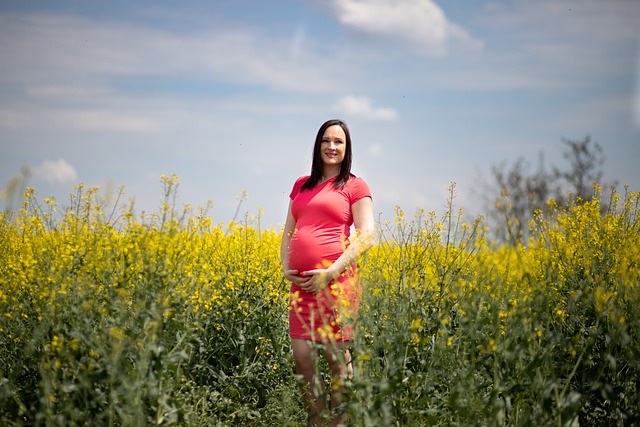The surrogacy industry flourishes in the last few decades due to a variety of reasons, including a growing number of same-gender families (gay couples often take help from the surrogacy industry to obtain genetically related families, and intended mothers have medical issues which create a barrier to gestate. Gradually, social awareness and ethical acceptance validated surrogacy as a reproductive option.
This describes the reasons for the increased application of surrogacy. But instead of domestic surrogacy, International surrogacy is more popular in this current era because the demand for surrogacy is unmet due to the limited supply of domestic services and to obtain better treatment facilities to assuring the outcome. Some intended parents travel to International surrogacy services to maintain privacy.
Contracts that are legally enforceable will be signed by both intended parents and surrogates at various points in the surrogacy process. Even though it is necessary and ultimately worthwhile, it can be overwhelming to consider all of the legal complexities at hand, especially for those attempting to go through the process without official legal counsel and without the assistance of a seasoned agency.
As a surrogate or intended parent, it is critical to fully comprehend how to safeguard yourself throughout the process. One of the many issues that can arise for surrogates has been brought to light by the COVID-19 pandemic, a recent catastrophe.
Legal obligations
In the current Covid-19 pandemic condition, most of the country sealed their borders and in such a situation many intended parents are unable to reach their destination in cross broader surrogacy. The inability to present at the time of childbirth creates extreme anxiety for both intended parents and surrogates. This condition is worsening at this stage when nobody knows when the condition becomes normalized. In the legal aspect, this condition also creates a significant problem.
In the current situation, all such legal official works are shut down as many countries have undergone lockdown conditions. In countries like the UK, where intended parents cannot apply for parental rights of the born child till the age of the child will not reach at least six weeks old. In this period, the gestational mother is considered the legal parent of the child.
But this kind of law does not follow universally, therefore during this pandemic condition when intended parents are physically not present at the time of childbirth or immediately after the childbirth, the key decision-making about the born child becomes difficult. If the surrogate does not want to care for the baby due to her issues and the host country adopts the child, then the Intended parent faces difficulty to obtain the child’s rights after reaching the destination at an uncertain period.
Difficulty to obtain a parental order
The COVID-19 pandemic also creates a potential problem for the intended parents to obtain a parental order, as to obtain this order the child must dwell with the intended parents and the six-month time-bound placed upon submitted application. Intended parents may face difficulty in either one or both of these requirements. Presently, judges have regularly received an unmet application for a parental order. However, the legal system of every country gives the order by considering the child’s welfare.
Impediment in the Legal System
The Covid 19 pandemic condition breakdown down all regular work culture including legal activities, though infrastructure has been implemented to ensure the family courts can still run, with hearings being conducted remotely by video call. But with the increasing trend of spreading the infection, lawyers and other key court officials may fear COVID-19 attacks and restrict to work in this pandemic condition.
The COVID-19 infection potentially causes above mentioned difficulties in the surrogacy industry, especially where cross broader reproductive care involved. In this current situation, the intended parents, surrogates, and the born child all are considered vulnerable. This limits the access of the surrogacy industry to avoid unenforceable conditions on intended parents, surrogates, and the born child.
Possible protection
Attorneys drafting surrogacy contracts should include natural disaster contingency plans in the agreements between surrogates and intended parents to safeguard them from the additional challenges posed by catastrophic events and natural disasters.

Ravi Sharma is a self-motivated, successful entrepreneur and has a solid experience in the fertility segment. and he is the director at ARTbaby Global (ARThealthcare). He is a pharmacy graduate with post-graduation in business administration and has 14 years of rich experience in the field of infertility segment. He loves to write about IVF, Surrogacy, and other ART (assisted reproductive technology) news, issues, and updates. He is a Pharmacy graduate (B. Pharm) and M.B.A (marketing).
His most recent success includes the successful launch of the medical tourism company, ARTbaby, which offers treatment options for infertility, egg donation, and surrogacy. He likes spending time with his family and writing about various aspects of IVF surrogacy and donating eggs.

